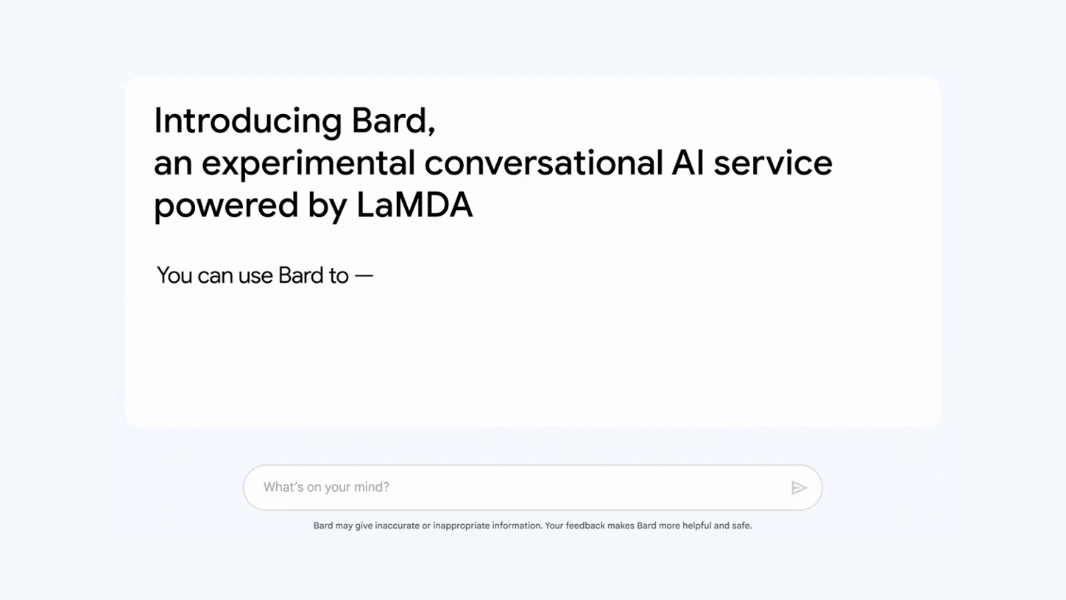Google Dismisses Report Claiming its Bard AI Used Data from ChatGPT
- Laurent Giret
- Mar 30, 2023
-
1

Google has denied that its new Bard AI, which is currently available in limited preview in the US has been trained with data from OpenAI’s ChatGPT. Yesterday, The Information reported that Jacob Devlin, a Google AI researcher had quit the company after warning CEO Sundar Pichai and other top executives that the Bard team “appeared to be relying on information from ShareGPT,” a website where ChatGPT users can share their conversations with the chatbot.
According to The Information, “some Google employees felt the use of such logs would have violated OpenAI’s terms of service.” The publication also reports that Devlin joined OpenAI immediately after leaving Google and that Google has since stopped using data from ChatGPT, according to one source.
Windows Intelligence In Your Inbox
Sign up for our new free newsletter to get three time-saving tips each Friday — and get free copies of Paul Thurrott's Windows 11 and Windows 10 Field Guides (normally $9.99) as a special welcome gift!
"*" indicates required fields
NEW: Prominent Google AI researcher resigned after warning Alphabet CEO Sundar Pichai and other senior execs that Bard—Google’s rival to ChatGPT—was *using data from ChatGPT*.
Big no-no in that world. https://t.co/a5NeclJPK5 w/ @jon_victor_ pic.twitter.com/YEZqEqpzPS
— Amir Efrati (@amir) March 29, 2023
In a statement shared with The Verge, Google spokesperson Chris Pappas said that “Bard is not trained on any data from ShareGPT or ChatGPT.” Google certainly doesn’t need the bad PR right now as a failed Bard demo previously caused Google shares to drop $100 billion in a day.
The report from The Information also mentions that Google’s Brain AI group has now teamed up with DeepMind, a rival internal AI research team to beat OpenAI in the AI race. The new effort is said to be known internally as “Gemini,” and it started after Bard received a lackluster reception.
This is easy to forget, but Google actually pioneered the technology behind GPT with its Language Model for Dialogue Applications (LaMDA), which the company unveiled back in 2021. However, Google has been slower to roll out its experimental conversational AI service to the public, and when ChatGPT launched last fall, Google reportedly saw it as a “code red” for its search business.